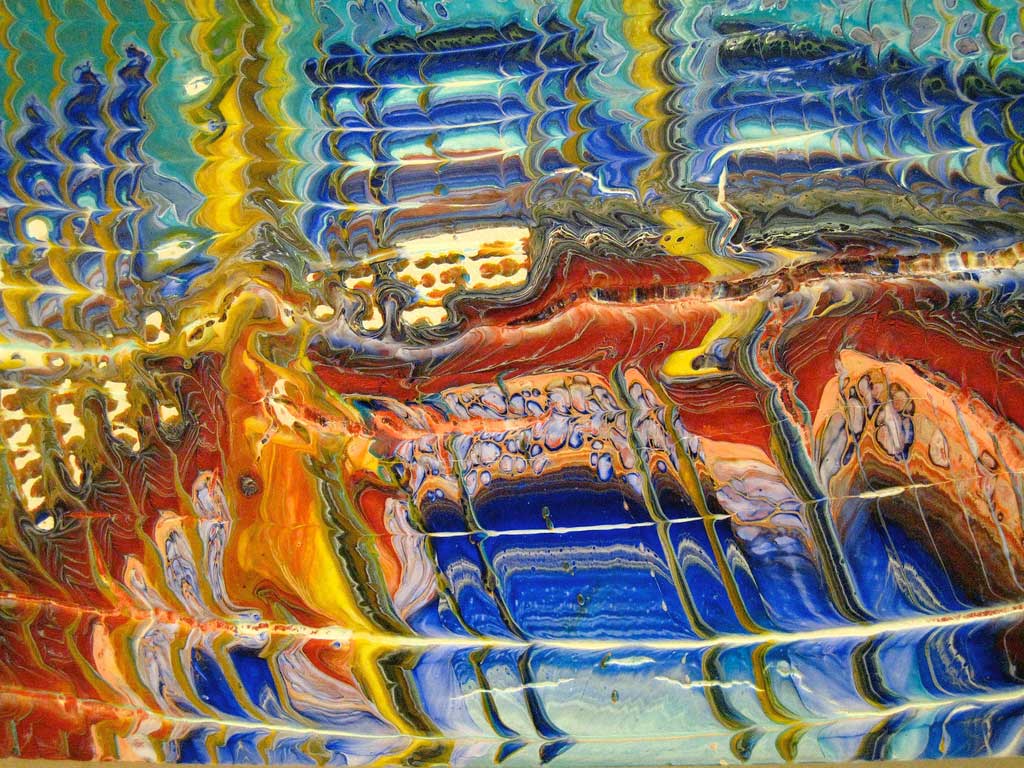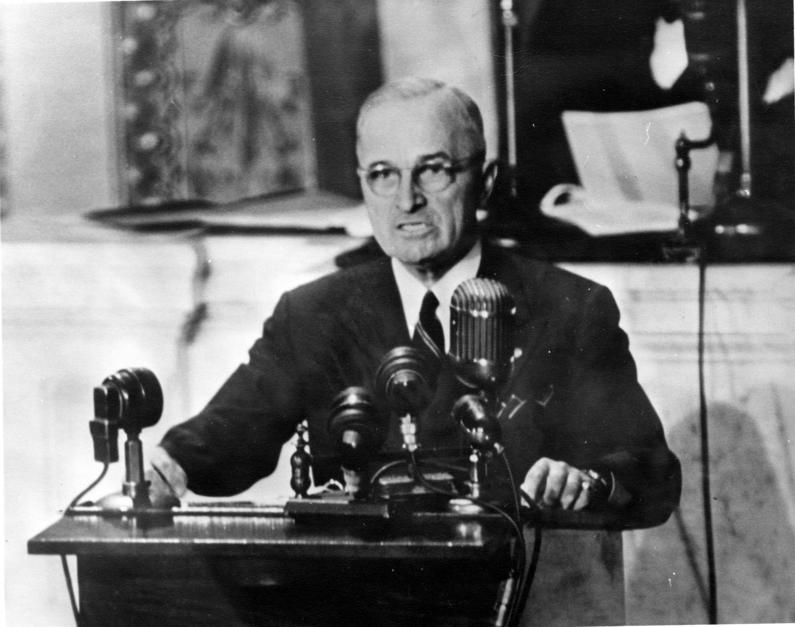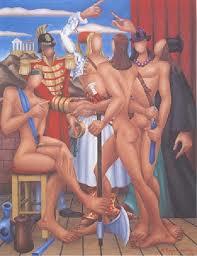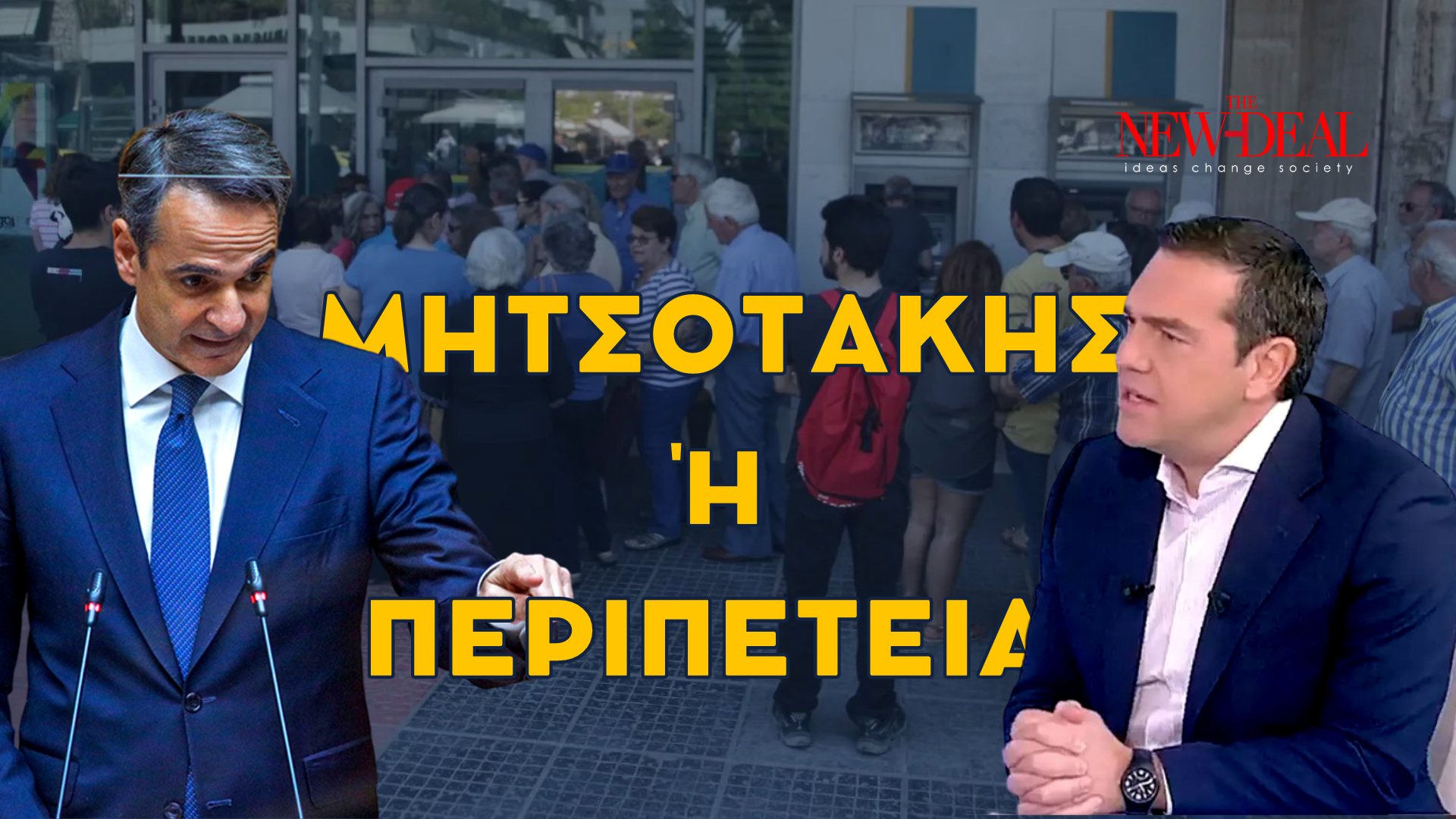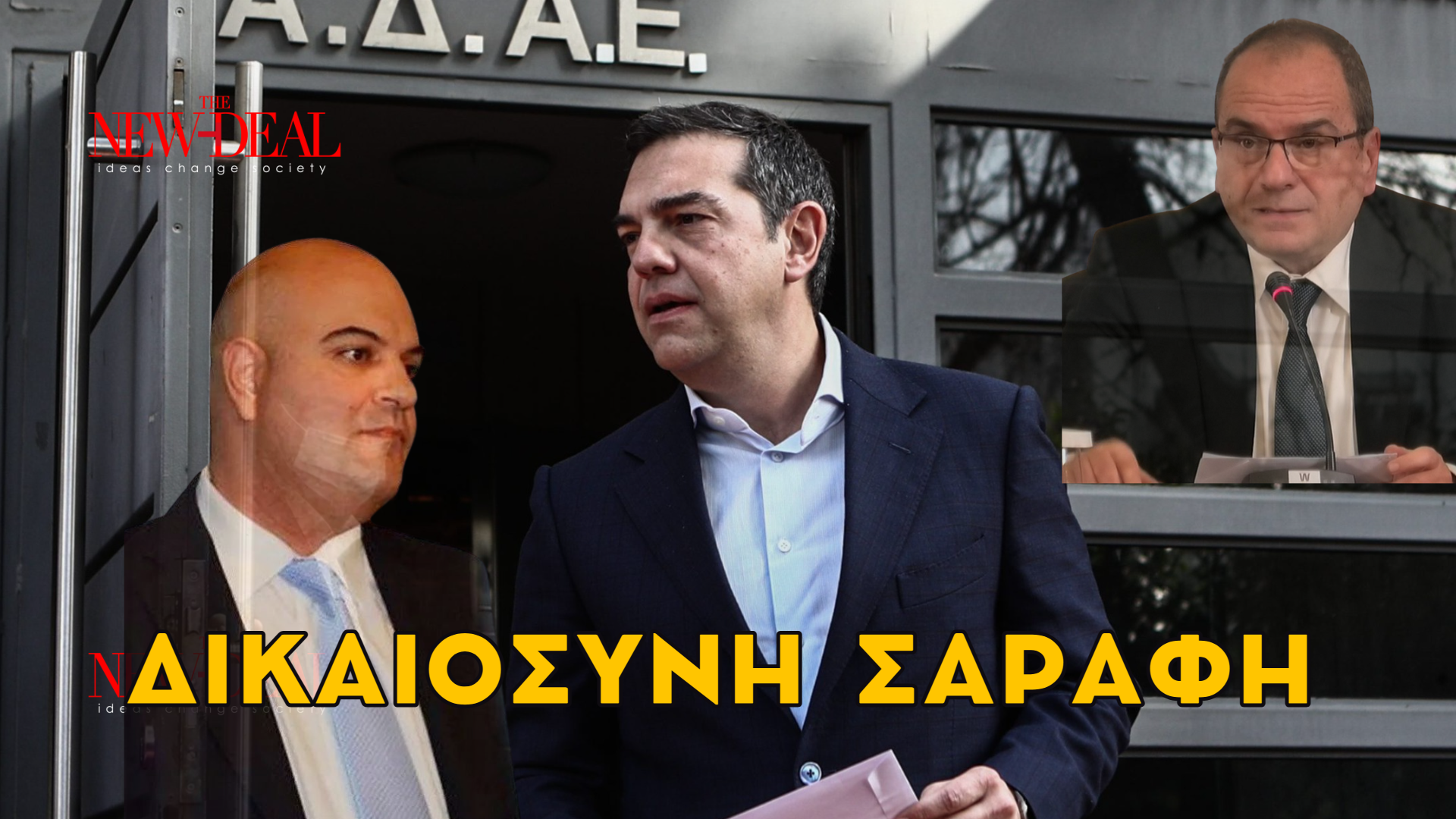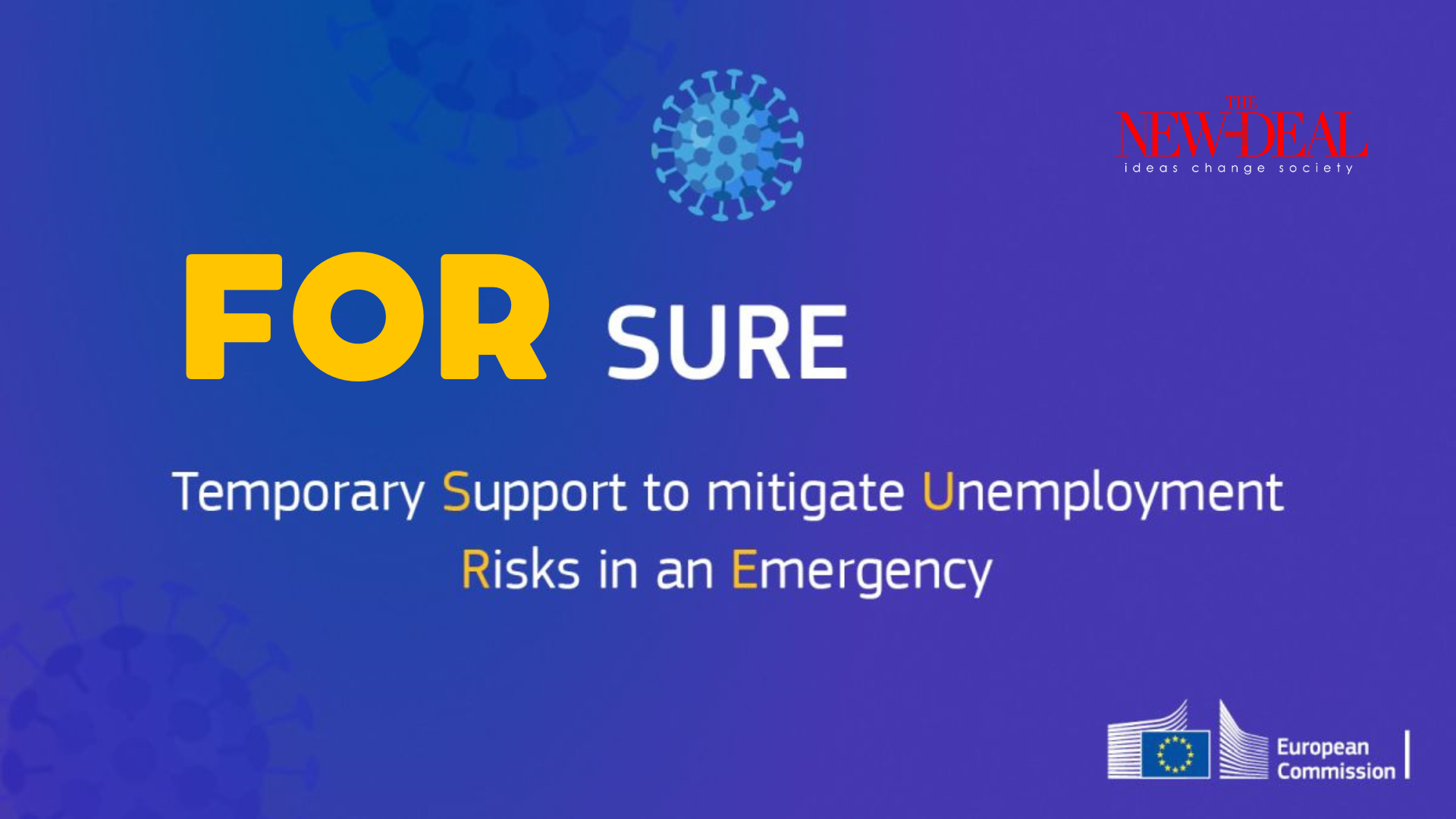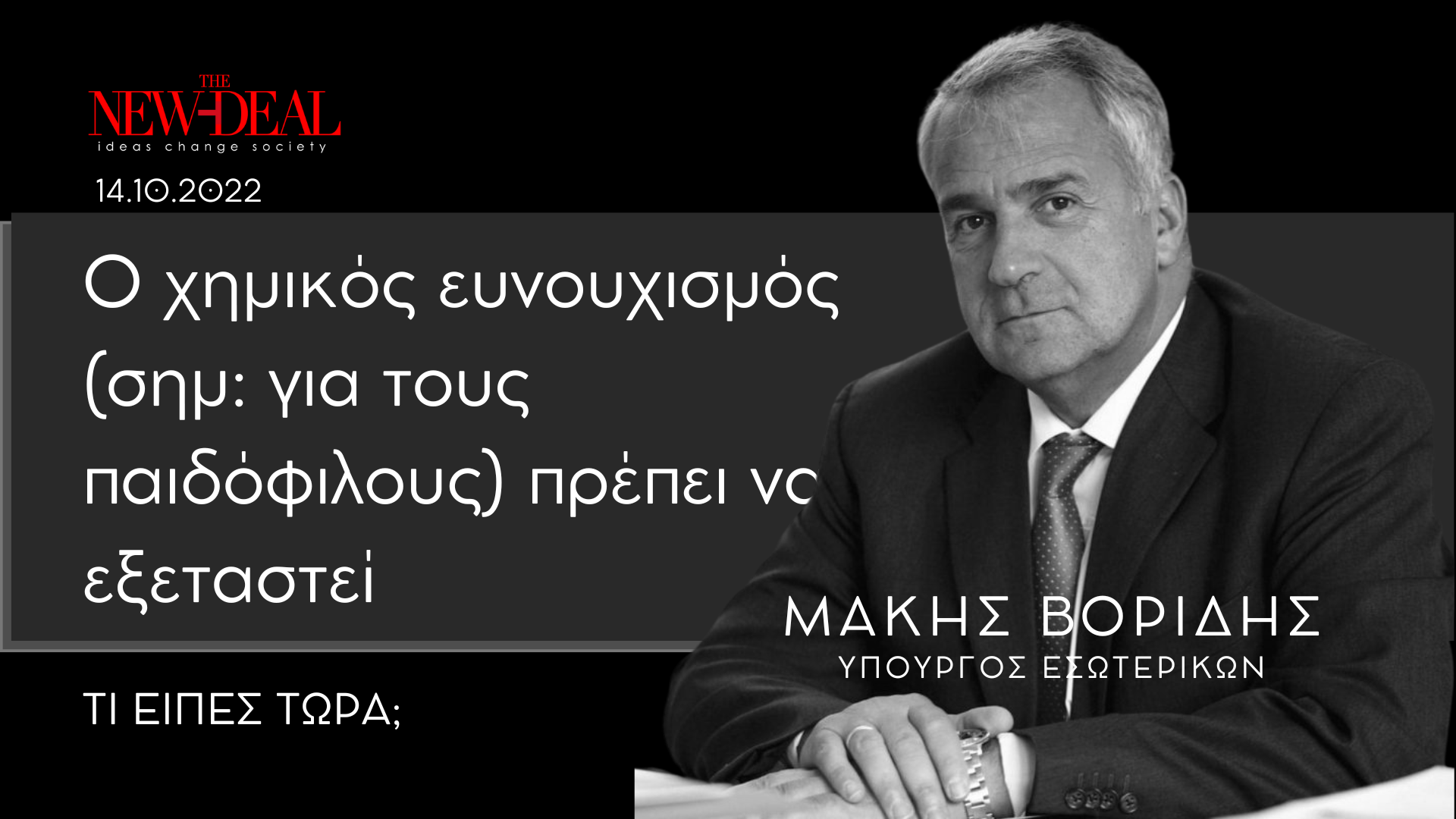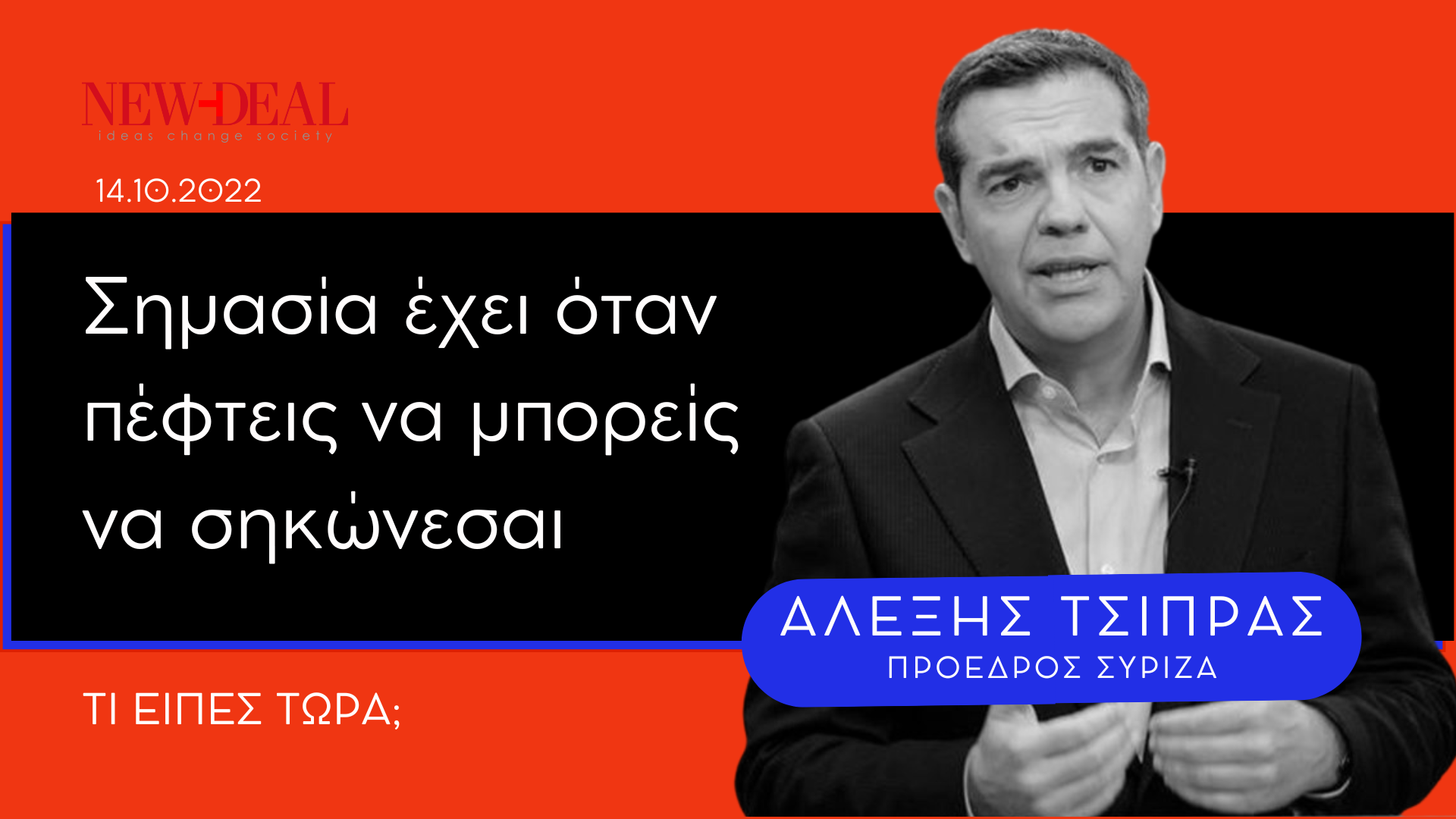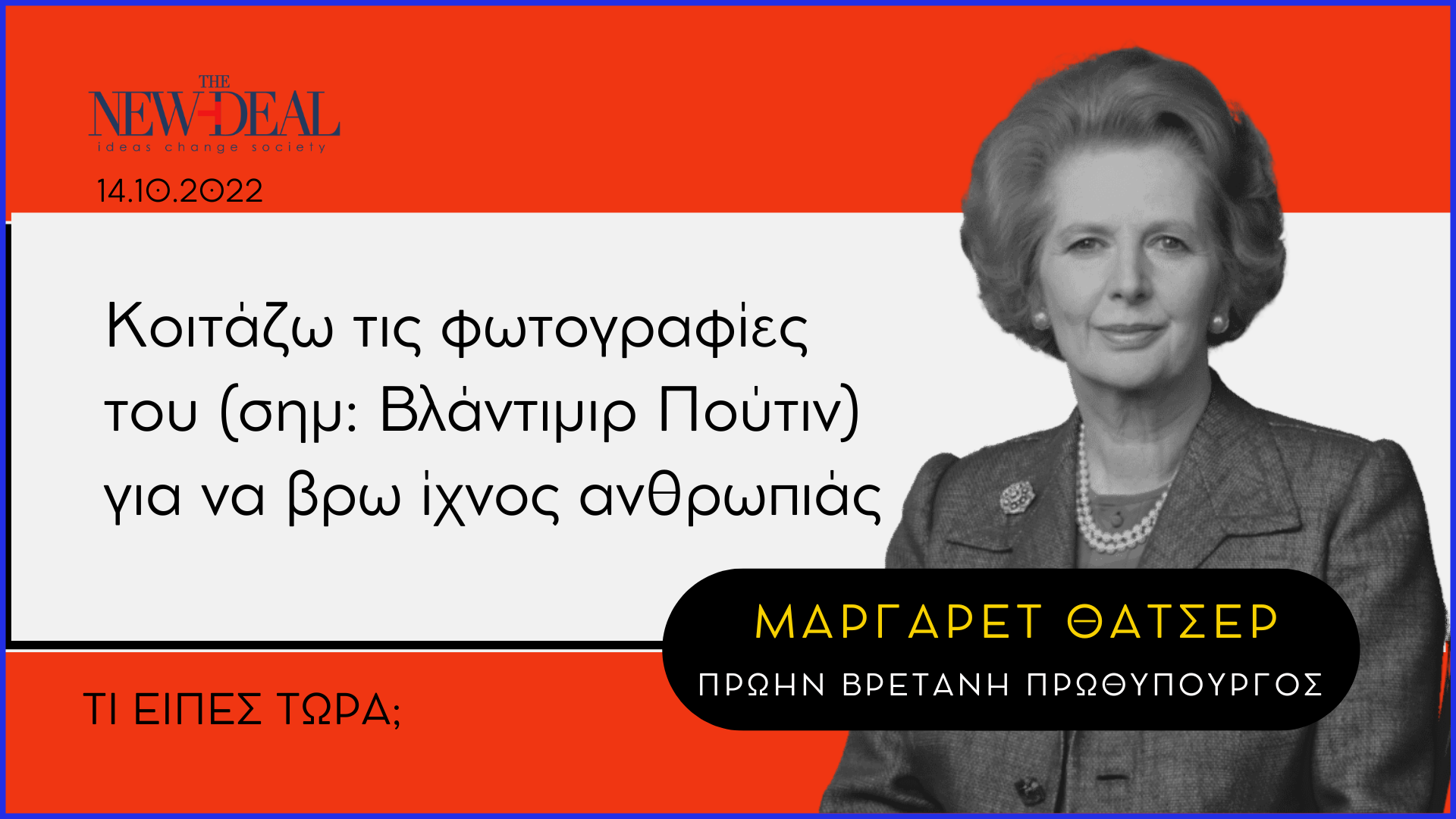During the Cold War, the North Atlantic Treaty Organization (NATO) had a clear purpose to defend Western Europe from the Soviet military menace. Specifically, the organization communicated very strong warnings in direct response to diplomatic and military initiatives taken by the Soviet politico-military elite. Both the Soviet intervention on Hungary in 1956 and the Warsaw Pact invasion of Czechoslovakia in 1968 triggered severe condemnation from the Alliance leadership.
Likewise, Soviet and East German pressure on the city of Berlin in 1958-1962, including the creation of the infamous Berlin Wall, elicited continuous diplomatic statements and extensive pressure from NATO officials. Strong NATO support for the Kennedy administration during the Cuban missile crisis in 1962, indicated that the Alliance was united during that serious dilemma. In the sensitive Eastern Mediterranean region, Greece and Turkey formed an extremely peculiar but important defense shield which was meant to ensure the strategic survival of the NATO Alliance. Despite this cooperation, however, age-old border and ethnic disagreements between Greece and Turkey created numerous troubles for the Alliance.
NATO survived the Cold War period and managed to keep Western Europe free. In the post-Cold War era the Alliance successfully enlarged and incorporated the majority of the former Eastern European communist countries. Specifically, NATO’s focus shifted from the protection of the territorial safety and integrity of Western Europe to an ambitious political agenda of creating and developing “new Euro-Atlantic security structures.” The Partnership for Peace (PfP) program is an example of one of these vital structures. The Czech Republic, Poland, and Hungary became important member-states which contributed to NATO’s projection of power in the Central European region. Estonia, Latvia, Lithuania, Romania, Bulgaria, Slovakia, Slovenia, Croatia, Albania, and Rumania have significantly strengthened the NATO presence in the European continent. The United States utilized NATO to strengthen democracy and capitalism in Central European region. Thus, a new era of socio-political stability dawned in Central Europe.
NATO also safeguarded security in Bosnia in 1995 and in Kosovo in 1999. During the military campaigns of Afghanistan in 2001 and in Iraq 2003, NATO member-states contributed military personnel. Of course, the Iraqi military campaign drew severe arguments and dissatisfaction from Germany and France, but despite these objections, the Alliance survived and remained strong. The Libyan air campaign once more brought NATO countries together to fight a brutal dictator. Currently, NATO nation-states are pressuring Syria to surrender its chemical weapons stockpile. The current civil unrest in Ukraine will test NATO’s resolution and influence in Europe.
[quote text_size=”small”]
The creation and the establishment of an “Emerging Security Challenges Division” (ESCD) by NATO’s Secretary General Anders Fogh Rasmussen is not just an internal decision, but also transmits a very robust political message that reverberates across the global community.
[/quote]
For the first time in its history, NATO is methodically coordinating with allies on both sides of the Atlantic to substantially increase security in the spheres cyber security, counterterrorism, threats to energy supply, and the proliferation of weapons of mass destruction.
At first glance it may appear as if these political and military challenges have very little in common, but a closer examination reveals why they are actually similar. These challenges not only have certain common characteristics, but analyzing them also requires NATO to shift the way it thinks about cohesion and solidarity. It must constantly interact with the broader international community, and especially with civilian actors and private sector entities. Therefore, NATO remains an important institution for European security, prosperity, capitalism, and democratic values.

